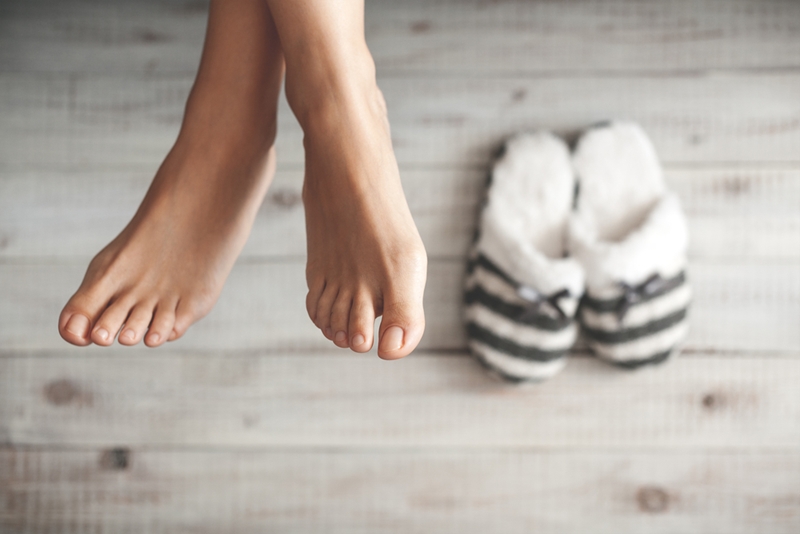The GMS Queen City Marathon is right around the corner, meaning it's time to take stock of your training regimen. Are you hitting the pavement regularly? Building up your endurance? And perhaps most importantly of all - are you spending your rest and recovery time properly?
If you're not, it's time to get on track. Rest and recovery are two essential elements of marathon training - they help your body repair itself and grow stronger. Let's take a closer look at the value of R&R, and what you can do to maximize your marathon prep:
Spending time 'off' wisely
Rest and recovery are defined as the times when you're not running, weight lifting or doing any other moderate-to-high-level physical activity. You may not feel like you're building muscle and increasing endurance when you're snoozing in bed, sitting on the couch or enjoying a good meal, but your body's repairing itself during these off hours. Consider this downtime when all the behind-the-scenes action takes place that helps you become a better runner over the long term.
 How you spend your downtime has a big impact on your running performance.
How you spend your downtime has a big impact on your running performance.
While rest periods are when your body is undergoing minimal physical strain - for example, while you're sleeping - recovery is when you complete actions or activities that help the body repair itself. However, it's not just your muscles that are being healed and strengthened, but also your mental well-being, nervous system and hormone balances, go-to fitness resource Breaking Muscle emphasized.
Recovery is all-inclusive, and can be supported through a range of processes and lifestyle choices including:
- Eating right.
- Having proper posture.
- Staying well-hydrated.
- Managing stress well.
- Regular stretching.
- Listening to your body and its needs.
The bottom line is it's not just time spent actively training that matters - how you spend your downtime has a huge impact on your running performance.
How to improve your R&R
You know the importance of rest and recovery in your training - now it's time adopt some habits that use your time off to the fullest. Here are some ways you can optimise rest and recovery in your daily life:
Be strategic about your training schedule
You may think that running for a few hours every day will take your training to the next level, but you actually may be doing more harm to yourself over time. Muscles aren't built in the moment - they're built over time with rest and recovery. If your body has no chance to restore itself, then you won't see results. To maximize R&R, space out your runs and build rest days in between them.
Incorporate 'active recovery'
While it's good for the body to have days when it doesn't have to do anything, "active recovery" can also be beneficial, depending on your specific needs and training schedule. As Running Magazine explained, active recovery is when you are still doing physical activity, but at a easier, less-demanding pace. For example, this could mean doing light yoga or taking a walk at a leisurely pace. These activities could replace your regular runs on some of your in-between days.
 Are you giving your body the chance to repair itself?
Are you giving your body the chance to repair itself?
Check your sleep hygiene
You know to get a good night's sleep before marathon day, but the quality of your sleep in all the weeks and months leading up to it have a big impact on your performance. Check how many good snoozing habits you're practicing, or what experts call your "sleep hygiene." Are you avoiding technology at least two hours before you hit the sack? Are you steering clear of late-night meals? Is your mattress comfortable, and your bedroom dark and cool? Tighten up your sleep and get your system in top shape for running.
Stand tall
Many of us don't realize how much we hunch our shoulders over when we walk, but as Breaking Muscle pointed out, the effects of poor posture accumulate over time. And the danger isn't just when we're walking - all those hours craning our necks at the computer or slouching while we sit on the couch add up. Rolling your shoulders back, standing and sitting straight and tall and getting out of your desk chair frequently to take a quick stroll all support more productive rest and recovery periods.
It's easy to overlook them, but rest and recovery are two of the most important aspects of your training regimen and have a big impact on performance. Be more conscious of their place in your routine and you'll be better prepared to run your best on marathon day.